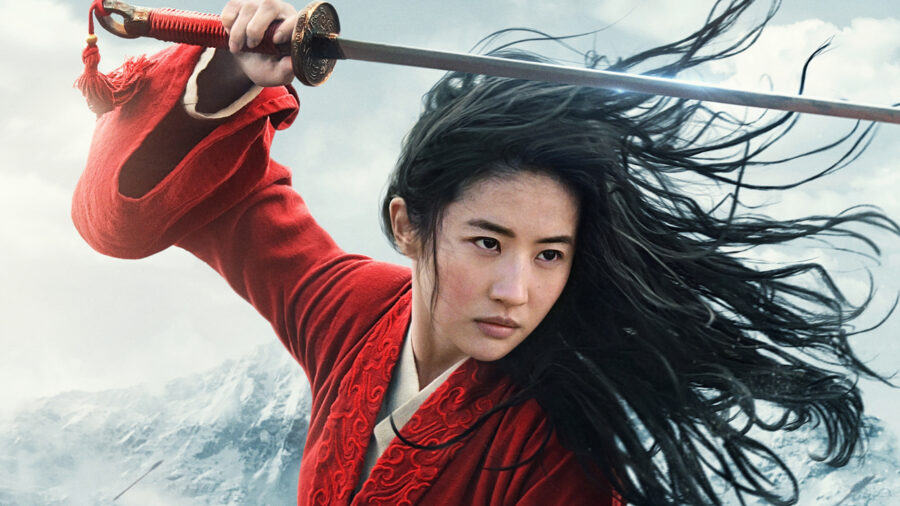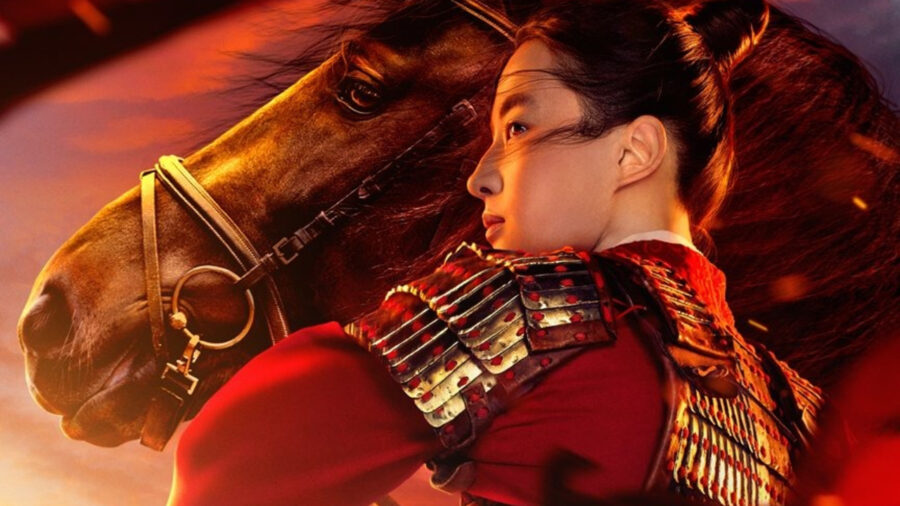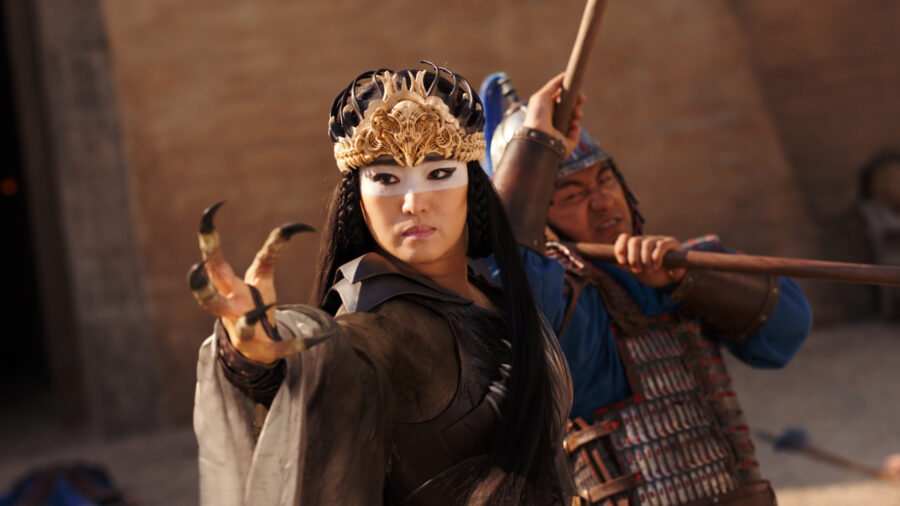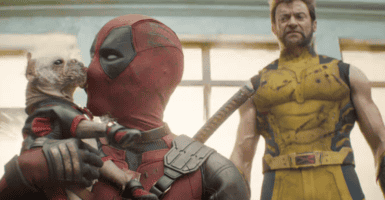Mulan Review: Why It’s One Of The Worst Movies Of 2020
The newest Disney remake does not bring honor to its family.
This article is more than 2 years old

Mulan is the kind of film that feels almost pointless to review. For those who are on board with Disney as a brand leviathan, this new version of the 1998 film is going to be another digestible piece of the Mouse House’s prepackaged pie. Those who are fervently against remakes in general won’t give the movie any consideration. And with the discussion of representation lingering over the entire project, some folks are simply going to dismiss the film because of what it stands for instead of its internal content.
All this is to say that Mulan is a movie where everyone has an opinion on it before they have seen a single frame of the film. This isn’t helped by the fact that the production is coming under deserved fire for thanking Chinese Communist Party propaganda departments that are directly involved with genocidal crimes against humanity. The entire production has so much external narrative that it almost seems fruitless to review the film on its own merits.
What’s worse is that when you actually try to do that, Mulan is nothing short of a total time-waster. For all the complicated and necessary conversation surrounding the film, the actual finished product is nowhere near deserving of such discussion. The film follows the same beats as the animated feature it’s remaking, and the few new wrinkles it adds to the story feel less like creative motivations and more like mandatory differences to help it feel less like a direct retelling.

It’s also discouraging when you examine some of the key changes this version of Mulan decides to implement. For example, Mulan herself is given preternatural fighting skills from the time she is a young child. The reason for this is because the message of the movie wants to be about letting your natural gifts shine bright, no matter what the established systems of power want to do to tamp those gifts down. Instead, it creates a lead character who experiences no real growth over the course of the story. She doesn’t need to become stronger to overcome some obstacles or learn some vital life lessons in order to better shape her character. She just needs to unleash her full potential and she will become an unstoppable force that no conflict can penetrate. Yes, it reads as empowering on the surface, but it actually ends up creating a boring protagonist whose conflicts all feel non-threatening. It’s anti-drama.
But, Mulan seems less concerned with crafting affecting drama, and more preoccupied with its production budget. Like any Disney tentpole feature, the production elements of the film are all impressive. Costumes, sets, locations, props, and all the other tactile facets of film production are commendable in Mulan. To be brutally honest, they are the only commendable parts of the film. Though director Niki Caro has all of this at her disposal, her filmmaking choices all come across as uninteresting and safe. Whatever kind of vibe she was going for is lost in the flatlined tone of the whole piece.
This is especially disappointing because Mulan could have been an opportunity to showcase wuxia cinema to a large American audience. Instead, Caro fails at even a decent imitation of this genre of Chinese fiction. The entire movie looks and moves like an Apple commercial: insanely polished but devoid of real personality and attitude. Mulan comes across as a corporate mime job of much more intriguing and creatively stimulating films like Zhang Yimou’s Hero or Ang Lee’s Crouching Tiger, Hidden Dragon. There is certainly a debate to be had about the lack of actual Chinese voices steering key creative decisions about the film, and it’s likely that is part of the reason why the movie never nails any feeling of authenticity.

That’s doubly frustrating when it comes to the cast. Mulan is littered with new and storied Chinese actors, and not one of them gets a chance to make a lasting impression. This is not the fault of the actors but rather the formulaic, tired, and woefully unsurprising script and filmmaking.
The greatest blunder comes with one of the film’s villains, Xianniang (Li Gong). This sorceress is positioned as a dark mirror to Mulan and it welcomes a brand new way to examine the lead character and her dilemma. Instead, the movie wastes Xianniang and turns her into a tool of solidarity for the invincible protagonist.
It is also worth mentioning how much Mulan plays like stereotype bingo when it comes to Chinese mysticism and cliches. The overbearing drumbeat of “honor” is drilled into the audience at every turn, and all the talk about “chi” feels informed by perspectives that were not Chinese. This isn’t a heartfelt and earnest showcase of Chinese history or culture. It all comes across as co-opted fantasy and it never lands with an iota of genuine sincerity.

The Disney remakes have been far more miss than hit, and Mulan is one of their most massive misses. One of the key virtues espoused in the movie is about truthfulness, and Mulan comes across as an enormously hypocritical endeavor in that arena. When it comes to tentpole films in 2020, it is worth arguing that Mulan is one of the worst.













